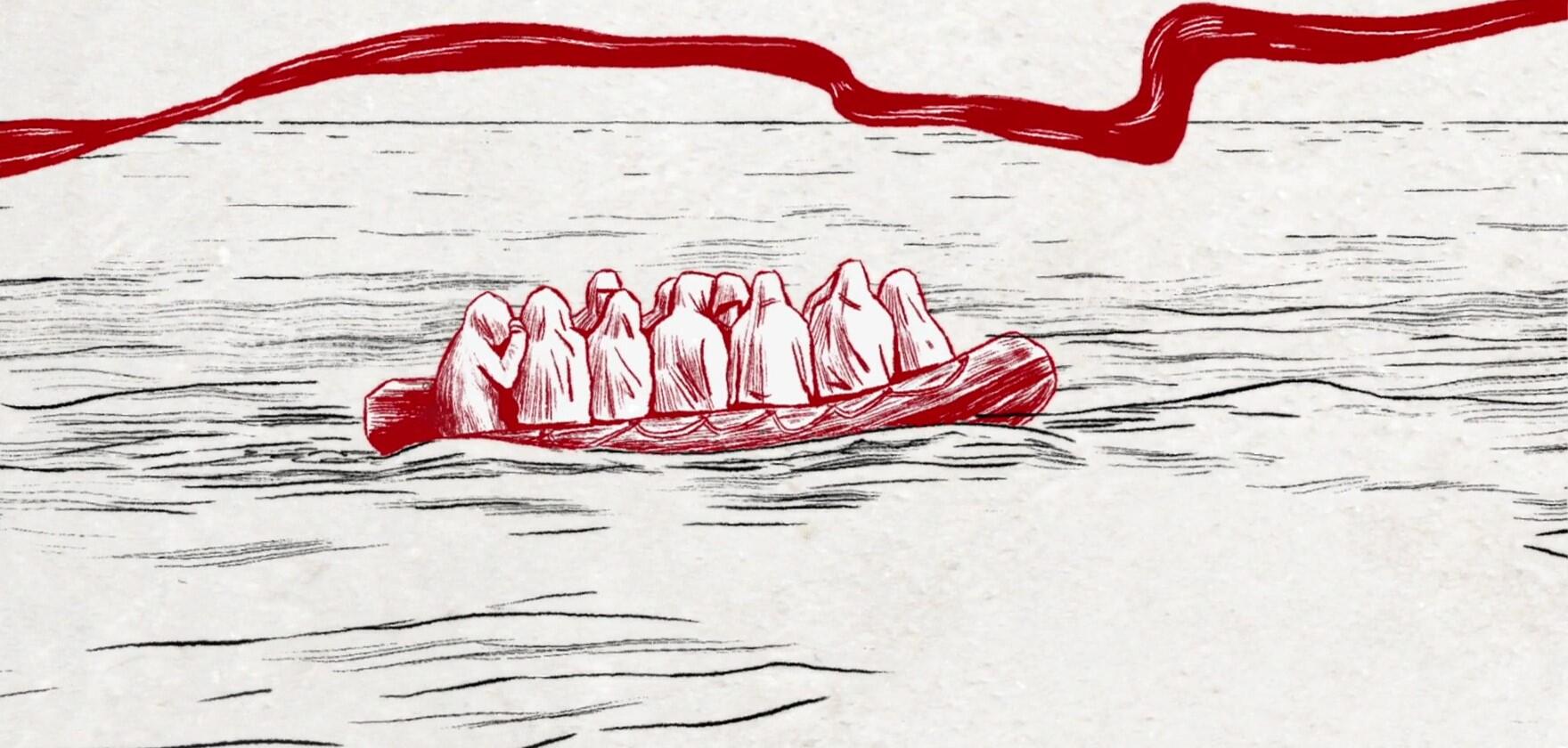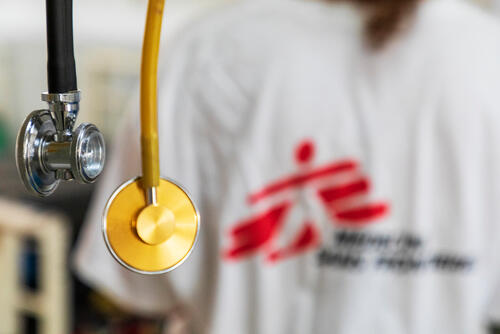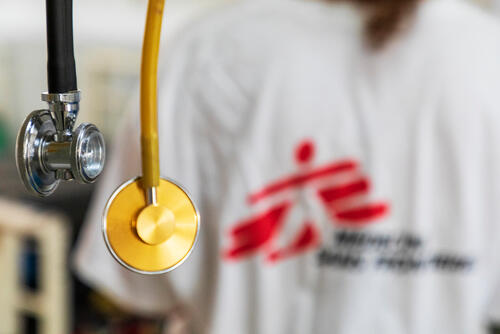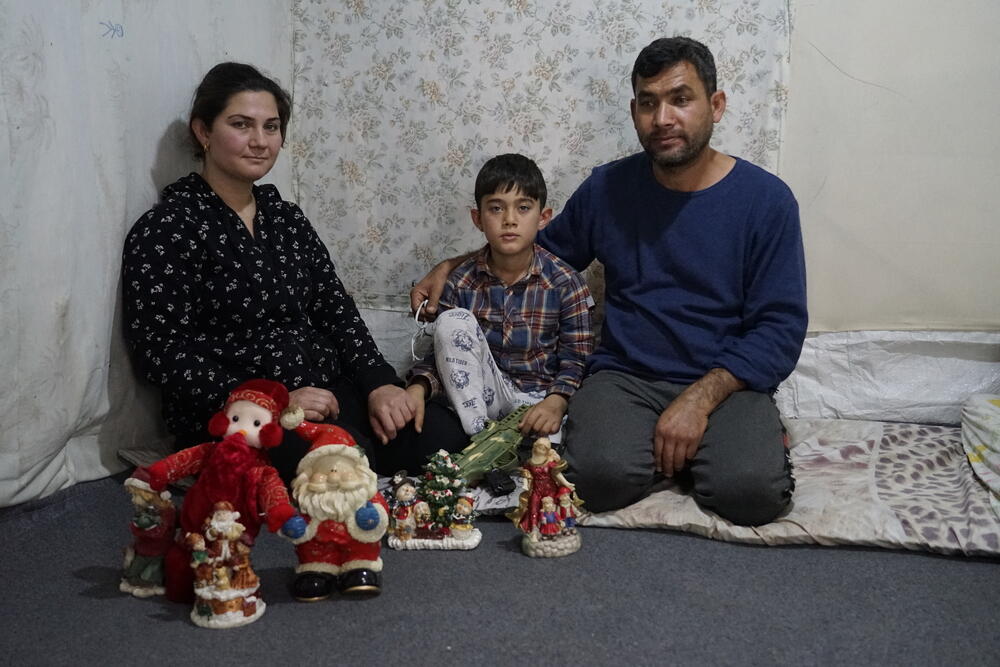Tell the UK Government to provide safe routes for people seeking sanctuary

Our teams around the world have seen the harm caused to people seeking safety by inhumane migration policies.
Sadly, the UK is no exception: recent laws passed by the Government have criminalised and punished vulnerable people seeking safety in the UK.
Meanwhile, ministers have shut down many of the safe routes that would allow people fleeing conflict, persecution, or extreme hardship to reach the UK.
This absence of safe routes, and the criminalisation of people seeking refuge, force an increasing number of people to risk their lives and take perilous journeys across the Channel - with devastating effects.
Since November 2021, 52 people, including children, have tragically drowned or are presumed to have died while trying to reach the UK.
Those who reach this country are then punished for failing to take “safe and legal” routes that were never available to them.
Yet, despite this reality, the Home Secretary insists that she wants refugees to come to the UK via “safe and legal” routes.
In July 2023, the Government passed the Illegal Migration Act which will make the situation even worse.
“This legislation ushers in cruel and dangerous policies and will only put more lives at risk - forcing men, women and children to take even more dangerous journeys to seek safety in the UK,” says Sophie McCann, Médecins Sans Frontières / Doctors Without Borders (MSF) UK Migration Advocacy Advisor.
“The UK Government must abandon this pointlessly cruel approach and instead implement an asylum system where compassion and humanity are at the forefront.”
Although the Act is now law, we will continue to fight against its implementation and warn ministers about the severe risks of this approach.
Please help us continue to raise the alarm by signing up to our campaigning email list and spreading the word.
We'll help you speak up
Join our campaigns group mailing list and you'll receive:
- Regular updates and explainers on our advocacy work
- Invites to take part in our online campaigns and in-person events
- Tools and how-to-guides to help make a difference
Your voice can make a vital difference
In recent years, the Government has closed:
- The ‘Dubs Scheme’ for lone refugee children stuck in Greece, Italy and France
- The Vulnerable Persons Resettlement Scheme for people from Syria
- The Vulnerable Children’s Resettlement Scheme
Meanwhile, family reunion, which allows people to be reunited with their loved ones, is also under threat.
MSF’s experience of these abusive policies
Médecins Sans Frontières / Doctors Without Borders (MSF) staff have seen some of the world’s worst examples of the abuse and mistreatment of vulnerable refugees.
On the Greek islands, people are packed into dangerous, highly securitised open-air prisons at a terrible cost to their mental and physical health. On Nauru island in the Pacific, people who had attempted to reach Australia on small boats were indefinitely detained with catastrophic psychological impacts.
In Libya, people – including pregnant women and babies – are intercepted in the Mediterranean and pushed back into terrifying detention centres. The Mediterranean Sea itself has become a graveyard for thousands, while European Governments criminalise those who attempt to carry out search and rescue at sea.
The UK Government is seeking to replicate these approaches in this country, as part of a ‘deterrent’ approach that will only cause greater harm to people who have already been made vulnerable.
The UK government is failing in its moral and legal duty to provide protection and care to people seeking safety, and by doing so is undermining the Refugee Convention and our global responsibility-sharing obligations. But together we can hold them to account. Will you help us to speak out?
Under the new legislation, people arriving in the UK without prior authorisation will be permanently banned from claiming asylum in the UK. This means that those who have fled war, persecution, or other forms of violence will be punished for arriving irregularly, despite the fact there are almost no safe routes to the UK.
When people arrive, they will be detained, regardless of their age, health, or circumstances. This includes lone children and children with their families, as well as survivors of torture and trafficking.
They may be held in detention indefinitely until they are forcibly removed to their country of origin, another ‘safe’ country, or to Rwanda – a policy inspired by the failed Australian system of ‘offshore processing.’ MSF teams have had devastating first-hand experience working with people detained on Nauru Island.
The government is currently unlikely to be able to remove people swiftly, or in many cases, at all, meaning that many individuals and families will be trapped in detention centres or left destitute and homeless, all stuck in a permanent state of limbo. In addition, the Act fails to introduce any safe routes to the UK for people seeking safety.
Help us speak out
Please help us continue to raise the alarm over the human cost of harmful migration policies by signing up to our campaigning email list.
Related news and stories



This page was last updated on 10 July 2023
